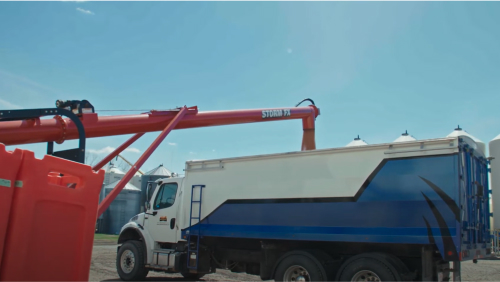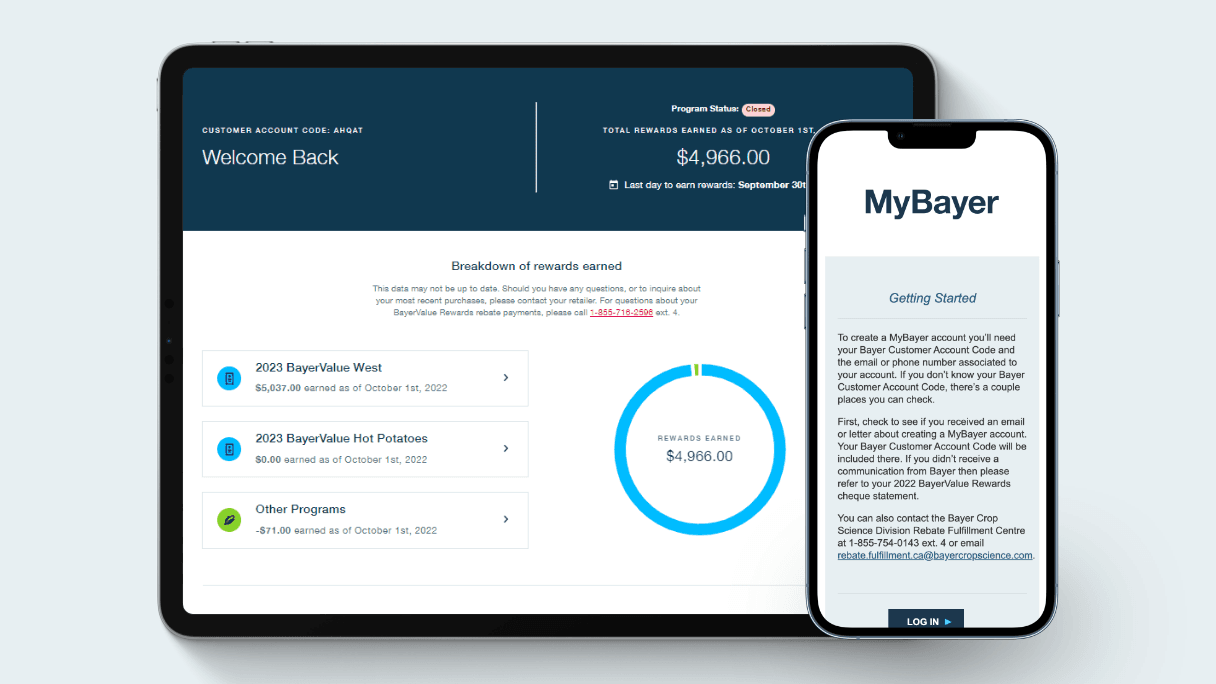EverGol Rise
title-product-highlights
EverGol Rise is a seed treatment containing the fungicides penflufen, trifloxystrobin, prothioconazole and metalaxyl.
EverGol Rise provides protection from seed, seedling and soil-borne diseases caused by Rhizoctonia solani, Fusarium spp., Botrytis cinerea, Phytium spp., Ascochyta spp., Penicillium spp. and Phomopsis longicolla on labelled crops.
EverGol Rise is a seed treatment formulation for use in commercial seed treatment operations, and for on-farm treating with conventional seed treating equipment which can accurately meter and apply flowable seed treatment formulations.
product-details-heading
| crops | groups-active-ingredients | formulation-type | packaging |
|---|---|---|---|
Bean (dry) Chickpea Lentil Pea (field) | 7 Penflufen | Suspension | 9 L jug 27.2 L drum |
| crops |
|---|
Bean (dry) Chickpea Lentil Pea (field) |
| groups-active-ingredients |
|---|
7 Penflufen |
| formulation-type |
|---|
Suspension |
| packaging |
|---|
9 L jug 27.2 L drum |
| diseases-controlled | diseases-suppressed | insects-controlled |
|---|---|---|
Seed decay/pre-emergence Damping-off and post-emergence Damping-off caused by Rhizoctonia solani, Fusarium spp. and Pythium spp. Seed decay/pre-emergence Damping-off, post-emergence Damping-off and Seedling blight caused by seed-borne Botrytis cinerea Seed rot and pre-emergence Damping-off caused by Ascochyta spp. on Lentil, Field pea and Chickpea only | Seed-borne Ascochyta blight caused by Ascochyta spp. | For insect control, tank mix with Stress Shield® 600 |
| diseases-controlled |
|---|
Seed decay/pre-emergence Damping-off and post-emergence Damping-off caused by Rhizoctonia solani, Fusarium spp. and Pythium spp. Seed decay/pre-emergence Damping-off, post-emergence Damping-off and Seedling blight caused by seed-borne Botrytis cinerea Seed rot and pre-emergence Damping-off caused by Ascochyta spp. on Lentil, Field pea and Chickpea only |
| diseases-suppressed |
|---|
Seed-borne Ascochyta blight caused by Ascochyta spp. |
| insects-controlled |
|---|
For insect control, tank mix with Stress Shield® 600 |
title-use-mixing

